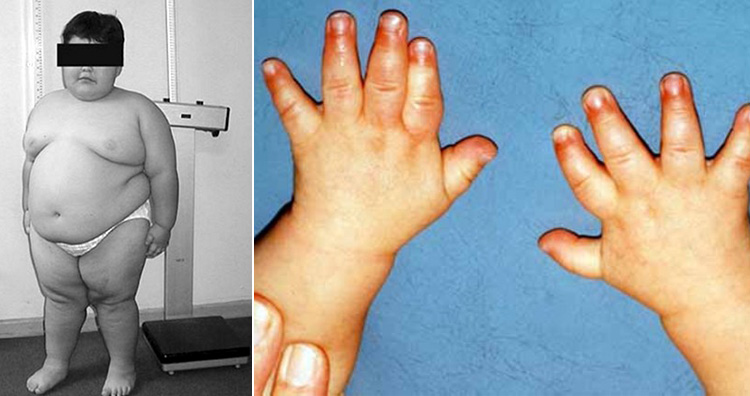Prader-Willi
syndrome (PWS)
is a complicated genetic condition which can affect various parts of the body.
During infancy, this condition is identified by weak muscle tone (hypotonia),
problems in feeding, poor growth, and delay in development.
Request
to Get the Sample Pages at:

It begins in
childhood due to which the patients develop an insatiable appetite, which can result
in chronic overeating (hyperphagia) and obesity. Few patients with PWS,
especially those who are obese, also develop type 2 diabetes. Some common
symptoms of this disease are floppiness, learning difficulties, behavioral
problems, restricted growth, and excessive appetite or loss of appetite.
Report Description:
PWS is a
common form of obesity and affects about 350,000 and 400,000 individuals
worldwide. It affects males and females in equal ratio and occurs in all ethnic
groups and regions in the world.
The report
covers historical and forecast epidemiology of the disease in the seven major
markets including the U.S., EU5 (France, Germany, Italy, Spain, U.K.), and
Japan. The report has been compiled by building an understanding of the
disease, after reviewing numerous studies conducted by regulatory bodies in
various countries.








No comments:
Post a Comment